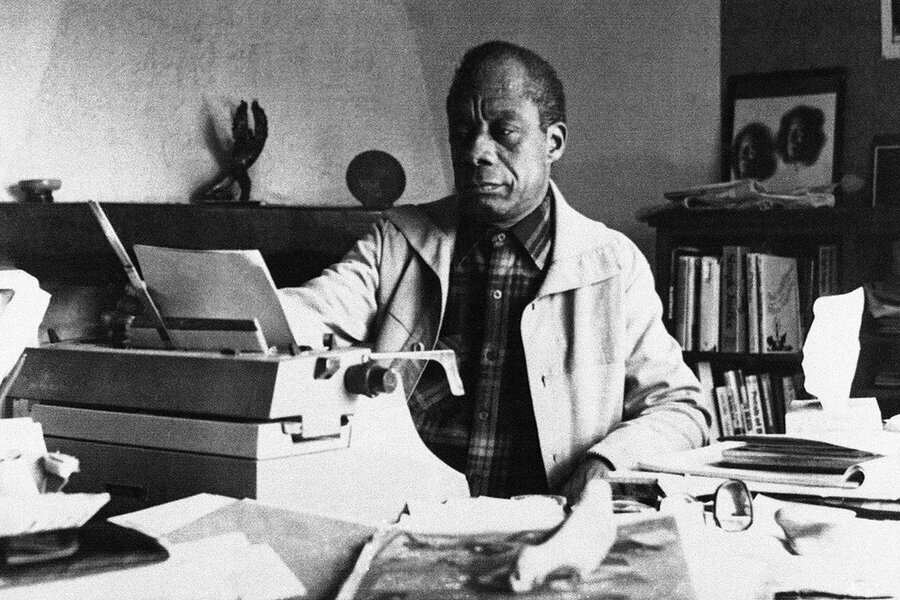Episodes
Sunday Apr 30, 2017
Episode 1: Philip K. Dick Book Club: Stablity
Sunday Apr 30, 2017
Sunday Apr 30, 2017
The first episode of the Philip K. Dick Book Club-Podcast. Dick's posthumously published story "Stability" (1947).
Sunday Apr 30, 2017
Episode 23: Harlem Renaissance: Claude McKay: Home to Harlem (1)
Sunday Apr 30, 2017
Sunday Apr 30, 2017
The first of two parts on Claude McKay's brilliant novel Home to Harlem, about a deserter returning to Harlem, his working life, his relationships, and of course, race.
Wednesday Apr 26, 2017
Episode 22: Jean Toomer: Cane
Wednesday Apr 26, 2017
Wednesday Apr 26, 2017
We begin a new series on the writers of the Harlem Renaissance with Jean Toomer's Cane. A great example of American modernism and in some ways a thematic summary of the issues writers explored in the Harlem Renaissance.
Tuesday Apr 25, 2017
News Update: Philip K. Dick Project
Tuesday Apr 25, 2017
Tuesday Apr 25, 2017
This podcast will be bifrucating for the foreseeable future. In addition to reading through the Library of America (100 pages at a time), I will be beginning a complete study of the works of Philip K. Dick.
Sunday Apr 23, 2017
Episode 21: Frank Norris, Essays on Naturalism
Sunday Apr 23, 2017
Sunday Apr 23, 2017
We wrap up our series on Frank Norris with a look at some of his essays on naturalism.
Tuesday Apr 18, 2017
Episode 20: Frank Norris, The Octopus (5): Sad Ending
Tuesday Apr 18, 2017
Tuesday Apr 18, 2017
The concluding episode on Frank Norris' epic tale of the production and transporation of wheat, The Octopus. As the novel concludes we see, with brutal finality how indiffernet the institution is to the individual.
Thursday Apr 13, 2017
Episode 19: Frank Norris, The Octopus (4): The Fall of the League
Thursday Apr 13, 2017
Thursday Apr 13, 2017
In this episode, we reach the climax of Frank Norris' The Octopus, which the defeat of the Rachers League and the triumph of the railroad.
Monday Apr 10, 2017
Episode 18: Frank Norris, The Octopus (3): Fight or Die
Monday Apr 10, 2017
Monday Apr 10, 2017
Part 3 on Frank Norris' The Octopus. In this episode, we see the global significance of American wheat as the ranchers begin to search for ways to struggle against the railroad. And some of our beloved characters learn the hard way that the railroad leaves no one untouched.
Thursday Apr 06, 2017
Episode 17: Frank Norris, The Octopus (2): Love in the Wheat Fields
Thursday Apr 06, 2017
Thursday Apr 06, 2017
Second episode on Frank Norris' The Octopus. We see the beginnings of the ranchers' resistance and some nice meditations on relationships past and future. It's still spring and nothing has matured yet. We also get one of the great barn dances of American liteature.
Monday Apr 03, 2017
Episode 16: Frank Norris, The Octopus (1): Setting
Monday Apr 03, 2017
Monday Apr 03, 2017
My first episode on one of my favorite novels, Frank Norris' The Octopus. This episode includes a detailed study of the characters of the novel.
Sunday Apr 02, 2017
Episode 15: Frank Norris, McTeague; Bird in a Gilded Cage
Sunday Apr 02, 2017
Sunday Apr 02, 2017
We complete our study of Frank Norris' McTeague. As always, I finish each study of a particular work with an examination of the major themes and tropes of the work.
Thanks for listening.

